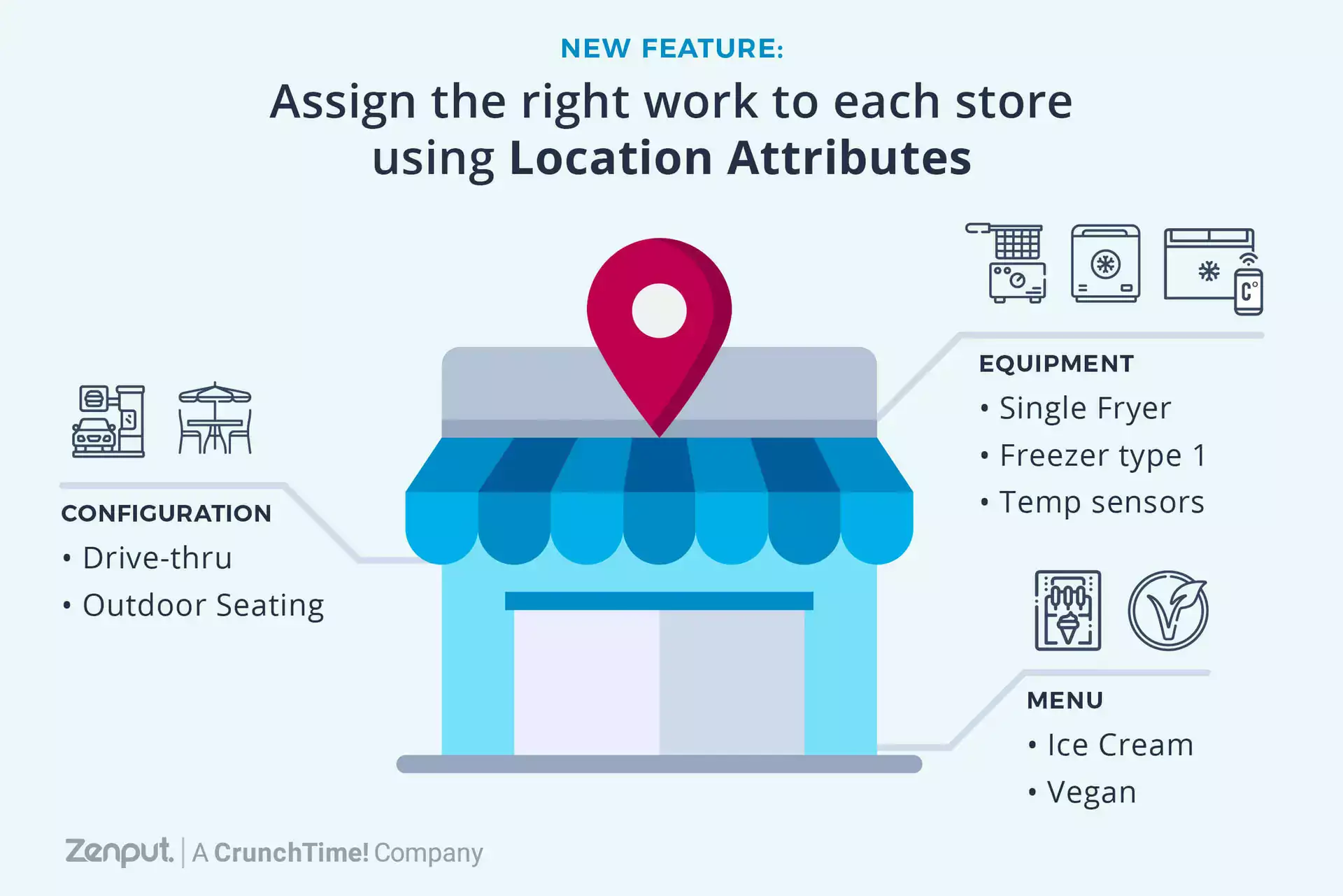Branded gas station operations are an interesting business. According to NACS, the Association for Convenience & Fuel Retailing, approximately half of the fueling stations in the country sell branded fuel from one of 15 major refiners/suppliers. Often, these stations have signage that make them look like they are owned by the refining or supply company. However, many major oil companies have left the retail fuels business to concentrate on upstream production.
As NACS explains, the contractual relationship between a supply company and the retailer is similar to the relationship between soda companies and branded fountain dispensers.
Common Problems in a Typical Supplier Scenario
For the purpose of examining the typical supplier/retailer relationship, let’s consider a fictitious c-store chain, Sandy’s Shops. Sandy’s is a regional company that operates a Shell-branded forecourt as part of its supplier agreement with the fuel supplier. Sandy’s also pays a premium on the gas it sells because of the brand value Shell holds. Since Shell’s brand image is at stake at this station, Shell routinely audits the forecourt. If Shell finds that this area is maintained according to brand standards, Shell will repay Sandy’s a portion of the gas markup.See Also: Converting Your Forecourt into a MoneymakerSounds like a good deal, right? It is, as long as the forecourt is held up to standards. When it isn’t, this contractual arrangement becomes a disaster for Sandy’s. Even when standards are considered low, it takes Sandy’s an average of 90 days to receive a copy of Shell’s audit report. Shell will deduct those 90 days from their premium reimbursement total. Ouch! In a business where gas prices change overnight and customers complete a purchase within minutes, this arrangement doesn’t make a lot of sense.
The Case for Real-Time Data & Shared Responsibility
If Sandy’s had been self-auditing their forecourt on a regular basis, they would be able to report and respond to maintenance issues in real time. They wouldn’t have lost out on the money Shell pays back. However, Shell could also help their retail partner by sharing its audit results in real-time via a mobile platform, rather than sharing this report quarterly. Sandy’s wouldn’t miss out on 90 days of payment, and Shell would maintain a high brand image. When having a clean forecourt is in everyone’s best interest, suppliers and retailers should support one another. They can easily do so with mobile technology.Subscribe to our blog
You are now subscribed!


